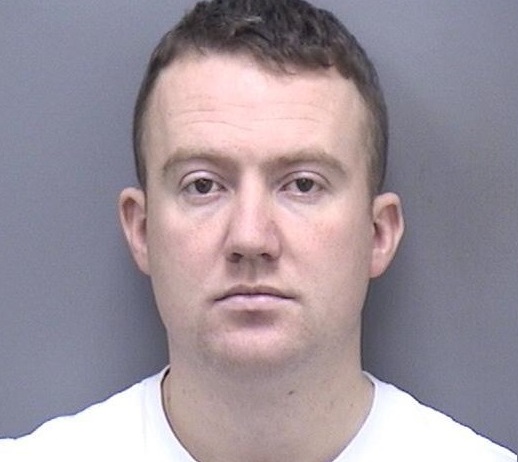
A repeat rural offender has been sentenced after a wildlife camera filmed him using a metal pin to force his way into a horsebox trailer.
Scott Matthew Cochrane, 30, of Yarrow Close, Poole, was filmed by a camera that had been installed in a field on private land near Wimborne.
The owner examined the footage and saw a man walking around the front of a horsebox trailer, using a metal pin to try and force the lock.
The ramp at the rear was also pulled down, with the total value of damage caused to the trailer estimated at £500.
After the victim posted the footage of the 14 August 2020 incident, a member of the public identified Mr Cochrane as the offender.
An officer also viewed the footage and was able to identify the defendant.
The area where the camera was located was one of those that Mr Cochrane was banned from entering under the terms of a criminal behaviour order imposed in November 2019 for a period of three years.
The order prevented him from entering a number of rural areas of Dorset, Wiltshire and Hampshire as well as a number of other conditions.
Mr Cochrane appeared at Poole Magistrates’ Court on Wednesday 7 October and was sentenced to 20 weeks in prison, suspended for 18 months.
In addition, he was ordered to pay £500 in compensation to the owner of the horsebox.
Rural and Wildlife Crime Inspector Darren Stanton said: “Scott Cochrane is a repeat offender who continues to commit crimes even though he has been made the subject of a court order.
“I hope this case demonstrates that officers from the local neighbourhood policing team and our Rural Crime Team will work together to take action against those who are found to breach these orders and bring them before the courts.”
It comes as the cost of rural crime in the UK reached an eight year high last year, costing £54 million in 2019, an increase of almost 9%.
